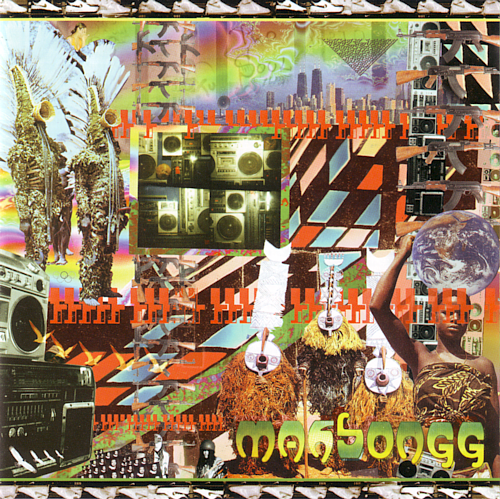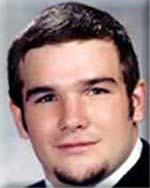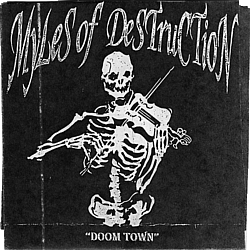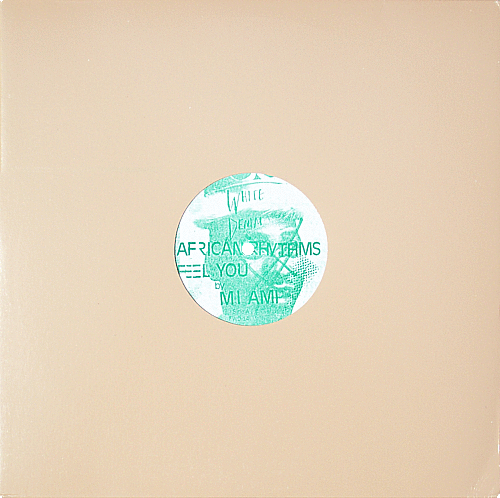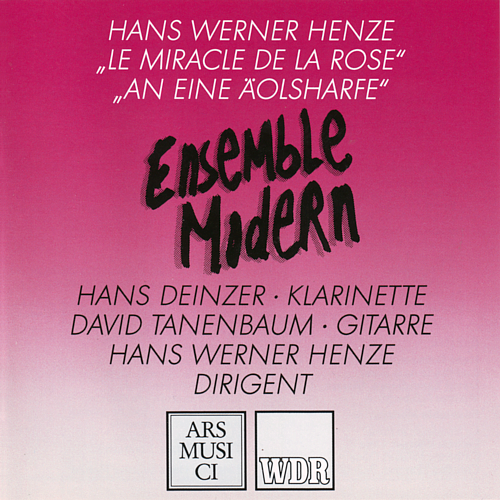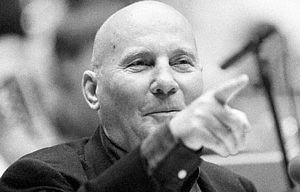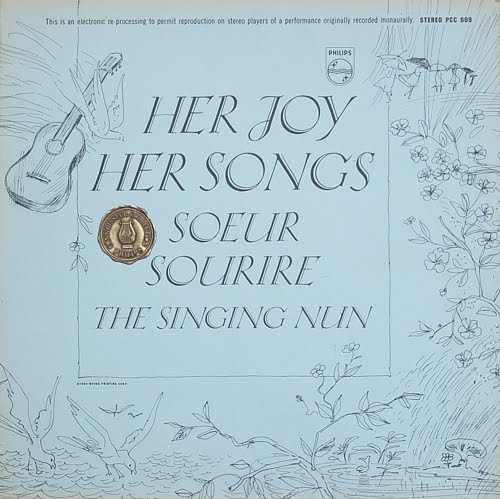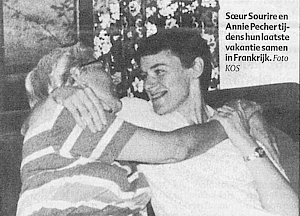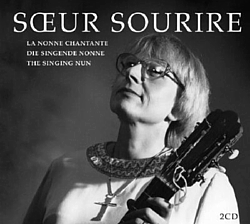Marcus' Story
Minersville, PA, USA: Marcus Wayman and another friend were in an abandoned parking lot where they were turning around their vehicle, coming from a high school party. The teens were immediately followed into the lot by local police. Officers at once stopped and separated the teens.
After frisking the teens, police found that one of them were carrying condoms. Officer Scott Willinsky within minutes concluded the boys were obviously queers
(police quote) and stopping to engage in sex. After questioning the teens about the condoms, Willinksy had his mind made up, regardless of their answers.
The small town police threatened to tell the teens' families, friends and community that they were homosexuals and quoted biblical passages while placing them under arrest for underage drinking.
Marcus, a high school football player, distraught and despaired, scared that he would be labeled and outed as gay by the police to the small community, his family and friends … six hours later … committed suicide.
He was 18 years old.
In a time of rampant HIV, STD infections and teenage pregnancy, we teach and preach to our youth to practice safe sex. Yet in Minersville, carrying condoms is translated from responsible teenage behavior to being queer faggots
(police quote).
In 1998, Madonna Sterling, Marcus' mother, filed civil charges against Minersville police officers and the town; specifically, Police Chief Joseph Willinsky and son Scott Willinsky (who is still an officer in Minersville), claiming that the officers clearly violated Marcus' privacy rights.
Due to the vague nature of sexual orientation being covered under privacy laws, the attorney for the police argued that sexual orientation was not considered private and therefore, not protected under the Constitutional Amendments. As a result, the defense moved for a dismissal from all charges against the very same police who are sworn to protect and serve all citizens.
During pretrial arguments in November 2000, the 3rd U S Circuit Court of Appeals in Philadelphia ruled that a person's constitutional right to privacy not only includes one's sexual orientation but stated it is difficult to imagine a more private matter than ones sexuality and a less likely probability that the government would have a legitimate interest in its disclosure. Further, by threatening to disclose ones homosexuality would be tantamount to doing so, because the security of ones privacy has been compromised by the threat.
The defense for the police further justified the actions of the police by saying that in small towns like Minersville, the police are obligated to take on parental roles as well act as spiritual advisors to members of their community .Chief Willinsky offers that, as a small town police officer, his role has parental overtones, thus, reducing the citizens' expectation of privacy. We mention this only to note our disagreement with the concept that the breadth of ones constitutional rights can somehow be diminished by demographics,
US Circuit Judge Carlos Los Mansmann wrote in the ground-breaking, landmark opinion.
This high court ruling allowed the case to move forward and the civil trial was held in Allentown, Pennsylvania on November two-thousand and one. After three days of testimony, a jury acquitted the police from any wrongdoing.
And no one is held accountable???
On June 17th, 2002, the honorable and respectable, Judge Arnold C. Rapoport granted a new trial for this case, tossing out the previous acquittal. Judge Rapoport saying that the evidence presented at trial was clearly not heard or understood by the jury, calling the verdict a miscarriage of justice.
The defense immediately appealed for a reconsideration of Rapaport's decision to overturn the verdict and further plead to allow the Appellate Court hear whether it was within Judge Rapaport's authority to toss the verdict.
In a terse statement issued on October 18, 2002, Judge Rapaport issued a decision that boldly and flatly denied the defense's plea on both counts … clearing the way for the police to face new charges of misconduct, again, in front of a new jury for the invasion of privacy that prompted Marcus' suicide.
Let us not forget that Marcus' death and this case has afforded all gay, lesbian and bisexual people the right to privacy under the 14th Amendent to our Constitution. Never before has this been argued in a High Court. However, as such a political and controversial issue, this story has yet to be truly exposed. Under our Constitutional right to privacy, this case hangs in balance of what the government deems private and not. A truly unprecedented case that has wide spread implications on all American rights.
Furthermore, how many more youth must perish, thinking that suicide is preferable that being labeled as gay?
Please also note that it is not our intention, in any way, to claim that all police are bad officers. Those who have a sworn oath and duty to protect and serve, we truly thank and honor. However, in this case, we are speaking of cops who obviously forgot about that very same sworn oath.




